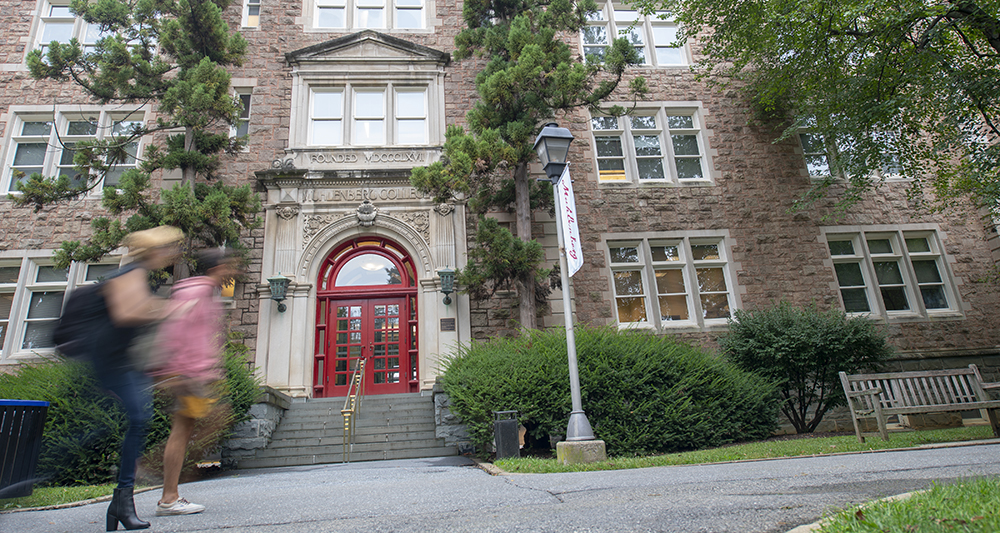Muhlenberg Introduces Scholarship Program for Displaced Workers
Muhlenberg has announced the launch of a new Displaced Workers Scholarship program, designed to support federal, state, and local government workers who have lost their jobs due to layoffs.By: Carey Manzolillo Thursday, May 8, 2025 09:00 AM

Muhlenberg's new Displaced Workers Scholarship program is designed to support federal, state, and local government workers who have lost their jobs due to layoffs. This program also extends benefits to each of Muhlenberg’s corporate partners, providing financial relief and career-focused educational opportunities for those seeking to reenter the workforce with new, in-demand skills.
“At Muhlenberg, we believe education should be a pathway to resilience and renewal,” said Muhlenberg President Kathleen Harring, Ph.D. “This scholarship is about empowering individuals during a difficult time and giving them access to tools that can reshape their future. It’s an extension of our mission to serve learners at every stage of life. And it reflects the college’s commitment to being a responsive and engaged partner in the community.”
The new scholarship applies to all Muhlenberg College graduate, degree-completion, and continuing education programs. Based on regional labor market trends and growing employer demand, areas of study include business, healthcare management and leadership, information technology, business analytics, and education.
Qualifying students may receive an estimated scholarship value of up to $5,250 for graduate programs and $5,000 for undergraduate degree-completion programs. Displaced workers from Muhlenberg’s partner institutions will receive the scholarship benefit of the highest value, whether from the partner agreement or the displaced worker program.
AJ Lemheney, Ed.D., vice president for Muhlenberg’s Division of Graduate and Continuing Education, emphasized that the scholarship aligns with workforce needs and student aspirations. “The Displaced Workers Scholarship program transforms career disruptions into opportunities by providing targeted financial support for adults navigating workforce transitions,” said Lemheney. “By creating accessible pathways to degree completion and graduate education, we empower individuals to acquire in-demand skills that meet the evolving needs of regional employers. This strategic investment in human potential not only rebuilds careers but also strengthens our regional economy, converting challenges into advancements through education tailored for tomorrow's workforce.”
Prospective students are encouraged to contact Muhlenberg’s Division of Graduate and Continuing Education for more information about program eligibility and the application process.
